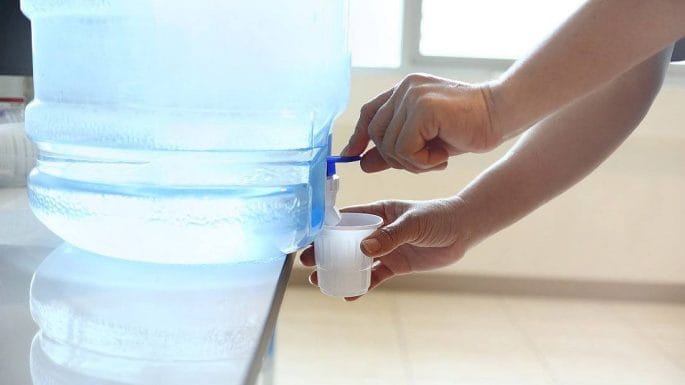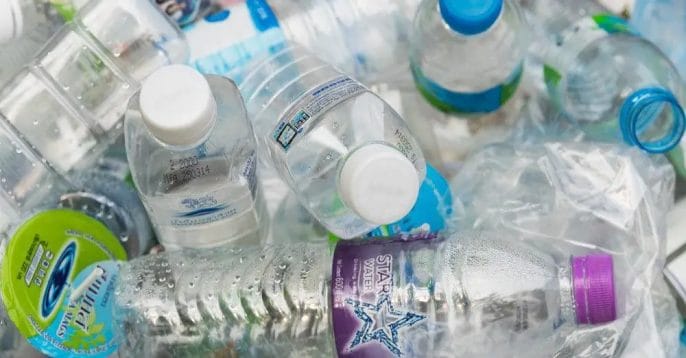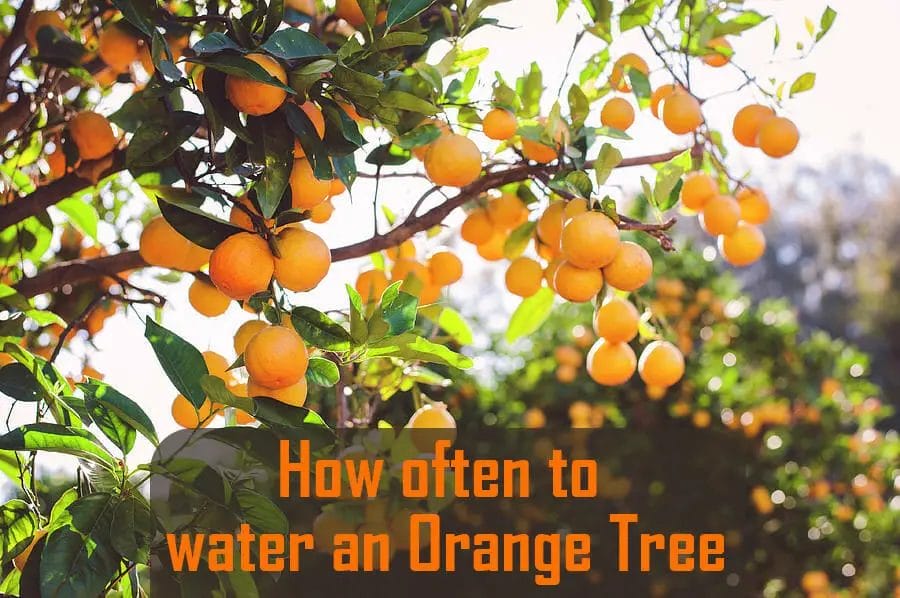Water is essential to a healthy lifestyle. It is important in keeping our bodies hydrated and helps flush out toxins. That’s why we need to be discerning regarding the type of water we drink. With so many options on the market, choosing between two of the most popular types can be tricky because distilled vs purified water has different fan bases.
The benefits and drawbacks of these types of water vary widely as different processes produce them. To understand which is superior, let’s examine their features in greater detail – from purity levels to taste and cost-effectiveness. In this article, we’ll compare distilled vs purified water and help you decide which is better for your needs.
The issue of distilled water vs. purified water always springs up a debate. So in this article, we will be discussing the meaning of each type of water, benefits, and downsides, and the type of water you should drink.
What Is Distilled Water?
Distilled water is water that has undergone the distillation process has both minerals and harmful contaminants removed. The water has undergone a thorough filtration process to ensure that it’s safe for drinking. Most people consider distilled water as a kind of purified water, and that’s because distillation itself is a form of purifying water.
Distillation of water is a process of boiling water and condensing the steam to liquid. This leaves no room for contamination by bacteria, protozoa, chemicals like lead, etc. In terms of purity, distilled water is exceptional. Since distilled water is incredibly pure, laboratories and medical facilities use it for their various purposes and experiments.
Health Benefits of Distilled Water
Distillation is an efficient process of removing minerals, contaminants, and chemicals like pesticides from water. For those who have weak immune systems, drinking distilled water is essentially the best choice to make.

The level of pesticides and chemicals in tap water depends on the location and the water agencies’ safety. If the tap water source is poorly regulated, drinking it would further weaken the immune system because it will still leach contaminants and bacteria into the body.
In terms of taste, distilled water removes chlorine, which dramatically improves the taste of water. Unlike other purification methods, distillation ensures that you get the purest of water. About 99.9% of minerals and contaminants found in tap water are effectively removed.
Drawbacks of Using Distilled Water
You may think that drinking distilled water has no downside due to its benefits, but it does. Like every other thing that has benefits, having drawbacks are inevitable. Distilled water has some drawbacks, so what are they?

Though distilled water is the purest form of water, it’s not the healthiest of all water, and here is why. During the distillation process, harmful contaminants are not the only thing that is gotten rid of. Natural minerals like calcium and magnesium that benefit the body are also removed. These minerals are removed as the steam rises during the process.
Most people are unaware that water contains these essential minerals and perceive there is nothing wrong with drinking distilled water. However, deficiency in these minerals could negatively impact the immune system. In addition, deficiency in calcium and magnesium results in increased heart disease and bone deformities.
Since distillation removes chlorine and fluoride from drinking water, it puts those with poor dental hygiene at risk of developing cavities. That is why it’s crucial for those who drink distilled water to maintain excellent dental hygiene. Another downside of using distilled water is storing it. Since distilled water lacks essential minerals that the body needs, it tends to pull these minerals from anything that it touches. For example, if you store distilled water in plastic bottles, the water will absorb traces of minerals from it, potentially harming human health.
What Is Purified Water?
Purified water is a type of water that has been filtered to remove various impurities and contaminants. Almost any household can use this process on tap water or groundwater. Chemical pollutants, bacteria, and fungi are among the contaminants removed from the water during purification. These pollutants can cause health issues if ingested, so it’s important to make sure your drinking water is free of them.

The purification process involves several steps, including filtration, reverse osmosis, distillation, and deionization. Filtration removes large particles, such as dirt and sediment, from the water, while reverse osmosis removes smaller particles, like viruses and bacteria.
Distillation boils the water to remove any remaining impurities, while deionization uses ion exchange resins to remove ions from the water. After completing all these steps, you will have clean and safe drinking water that is free of any harmful contaminants.
It has undergone some rigorous process to remove anything that can be harmful to human health.
Health Benefits of Purified Water
Why should we drink purified water? Why should we even consider it in the first place? Here are the reasons why you should. But let’s compare purified water and tap water first.
Purified water is mostly produced using tap water and groundwater. As you know, tap water quality depends on the location and governmental regulations. In many countries, governments are responsible for purifying water to ensure it’s safe for drinking.

However, not all countries or states have stringent laws when it comes to purifying water. This means that tap water in some states is likely to contain more contaminants than others, which could negatively impact your health.
For instance, when ingested, heavy metals like lead are toxic to human health. It can cause abdominal problems, as well as lead to some serious brain damage. Traces of these heavy metals can also leach into drinking water, which isn’t 100% reliable.
Drinking purified bottled water makes you sure of drinking water free from most metals, chemicals, and contaminants. Purified bottled water undergoes a higher level of purification and is safer than most tap water.
Charcoal filters, for example, remove chlorine, commonly used in public water as a disinfectant. Chlorinated water has been linked to an increased risk of cancers, and that’s why drinking purified water is beneficial. Also, water purification removes any unpleasant taste associated with chemical treatments and others, leaving you with pure, tasteless water.
Drawbacks of Using Purified Water
Irrespective of the water purification system that you use, it’s essential that you maintain it regularly. If you don’t, contaminants will build up in the filters and leach into your drinking water. Maintaining water purification systems can be a little expensive, and that’s one of the drawbacks of using purified water.

Installing a water purification system, be it an in-house, charcoal filters, or UV filters purification system, can be costly. Buying purified bottled water isn’t cheap, either. Imagine buying purified bottled water each time you feel like drinking water; the cost will be extravagant.
In terms of waste control, buying purified bottled water isn’t the best. Regularly buying plastic bottles will lead to so much accumulation of waste. Disposing of used filters from purification systems will also contribute to much waste. Certain pesticides and chemicals may remain in the purified water depending on the type of purification system.
So, Which One is Better for Me?
Distilled water is purified water that has been heated to vaporization, then cooled and condensed back into liquid form. This process removes any additional contaminants or minerals from the water, making it pure and safe to drink. It’s often used in medical settings and drinking water because it’s free from bacteria and other impurities.
The downside is that it can also strip away beneficial minerals like calcium and magnesium, which are important for our health. On the other hand, purified water goes through a process of filtration to remove impurities such as bacteria, dirt, chemicals, and other contaminants. It still contains some healthy minerals like calcium and magnesium that are beneficial for our bodies.
Purified water is great for everyday use since it’s free from harmful substances while still providing us with essential minerals. However, distilled water might be your best bet if you’re looking for a completely pure drinking experience without any additional minerals or contaminants. Ultimately, it comes down to personal preference when deciding between distilled and purified water – both offer their own unique benefits.
Frequently Asked Questions [FAQs]
1. Can You Drink Distilled Water?
Many people have claimed that drinking distilled water won’t harm human health. Others claim otherwise. The real fact about distilled water is that it doesn’t improve health, nor does it harm human health – and yes, you can drink it if that’s what you have been waiting to hear. However, the taste is somewhat less flavorful than purified water.
2. Is Distilled Water Completely Safe?
When it comes to determining whether distilled water is completely safe, there are a few factors to consider. Distilled water is created by passing steam through a series of filters and condensers to remove impurities from the water. This process eliminates most contaminants like heavy metals, bacteria, chlorine, and other dissolved solids, which makes it completely safe.
3. Can I use purified water for my Venus Fly Trap?
Yes, purified water can be used for your Venus Fly Trap. You will need to use distilled or boiled water cooled at room temperature (or below) and then poured into the soil. To ensure you are using the purest water possible, it can be boiled or distilled before use.
You do not want to excessively pour boiling water over your Venus Fly Trap because it could burn the plant. The water should be cool at room temperature or below before pouring it into the soil.
4. Do I have to give my Venus Fly Trap distilled water?
Yes, purified water can be used for your Venus Fly Trap. You will need to use distilled, or boiled water cooled at room temperature and then pours it into the soil.
You can boil or distill it before use. If you want the purest water possible, you can boil or distill it before use. Boiling water should not be poured over your Venus flytrap overly. The water should be cool at room temperature or below before pouring into the soil.
5. Can you use purified water on carnivorous plants?
Some carnivorous plants cannot be grown using purified water. This is because the type of soil they need or their natural habitat may not allow for it, but others have no problem. It depends on the type of plant and where you live to determine if purified water is an option for your plants.
Conclusion
It is impossible to imagine yourself living without water, as it is essential to human survival. Drinking clean water is vital to human health. Most people are confused about the type of water to drink. After reading this article, we have a clear idea of which to choose.
Sarah J. Gregory
352 Hershell Hollow Road
Anaheim, CA 92805






